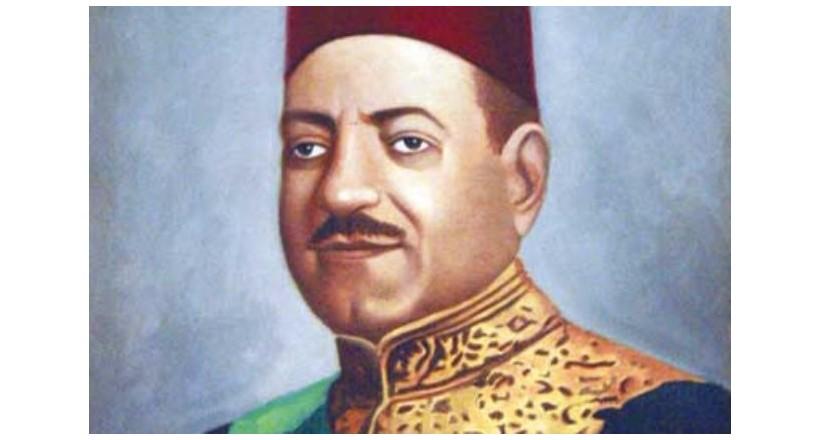Mustafa El-Nahhas
One of the Prominent Egyptian Politicians of the 20th Century

- Name: Mustafa El-Nahhas
Mustafa El-Nahhas: One of the Prominent Egyptian Politicians of the 20th Century
Early Life
Mustafa El-Nahhas was born on June 15, 1879, in Samanoud, Gharbia Governorate, into a well-off family. His father, Mohamed El-Nahhas, was a well-known timber merchant. He began his education at a village kuttab and later moved to Cairo, where he attended the Nasery School and the Khedivial Secondary School. He graduated from the School of Law in 1900.
Career Path
El-Nahhas refused to work as a public prosecutor and preferred to practice law, starting his career with the lawyer Mohamed Farid. He later became a partner at the law office of Mohamed Bek Basiony. In 1903, he was appointed as a judge at the Qena Court, where he worked until 1908 before moving to several cities.
Political Beginnings
El-Nahhas's entry into political life was linked to U.S. President Woodrow Wilson's announcement of his Fourteen Points after World War I, which sparked his enthusiasm against British occupation. He joined a group of intellectuals and activists, including Saad Zaghloul, to form an Egyptian delegation to speak on behalf of the country.
1919 Revolution
El-Nahhas played a significant role during the 1919 Revolution. He organized a lawyers' strike and was appointed as the Secretary-General of the Wafd Party. After the revolution, he opposed the Milner Proposal presented to a delegation of landowners, emphasizing the need to express the people's opinions about the proposal.
Presidency of the Wafd Party
After Saad Zaghloul's death, El-Nahhas assumed the presidency of the Wafd Party with the approval of its members, becoming a prominent figure in Egyptian politics and working to promote the rights of Egyptians against British occupation.
Legacy
El-Nahhas remained a key figure in the Egyptian national movement until his death in 1965, significantly impacting Egyptian politics throughout the 20th century.

